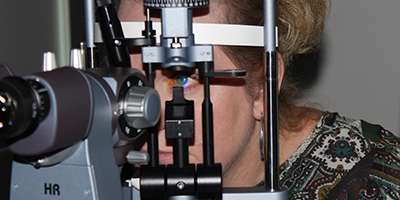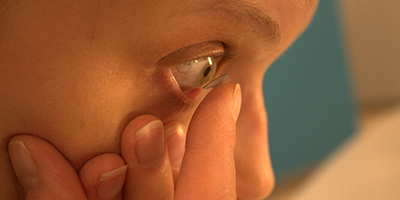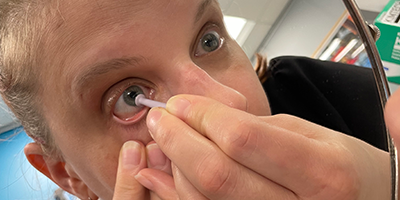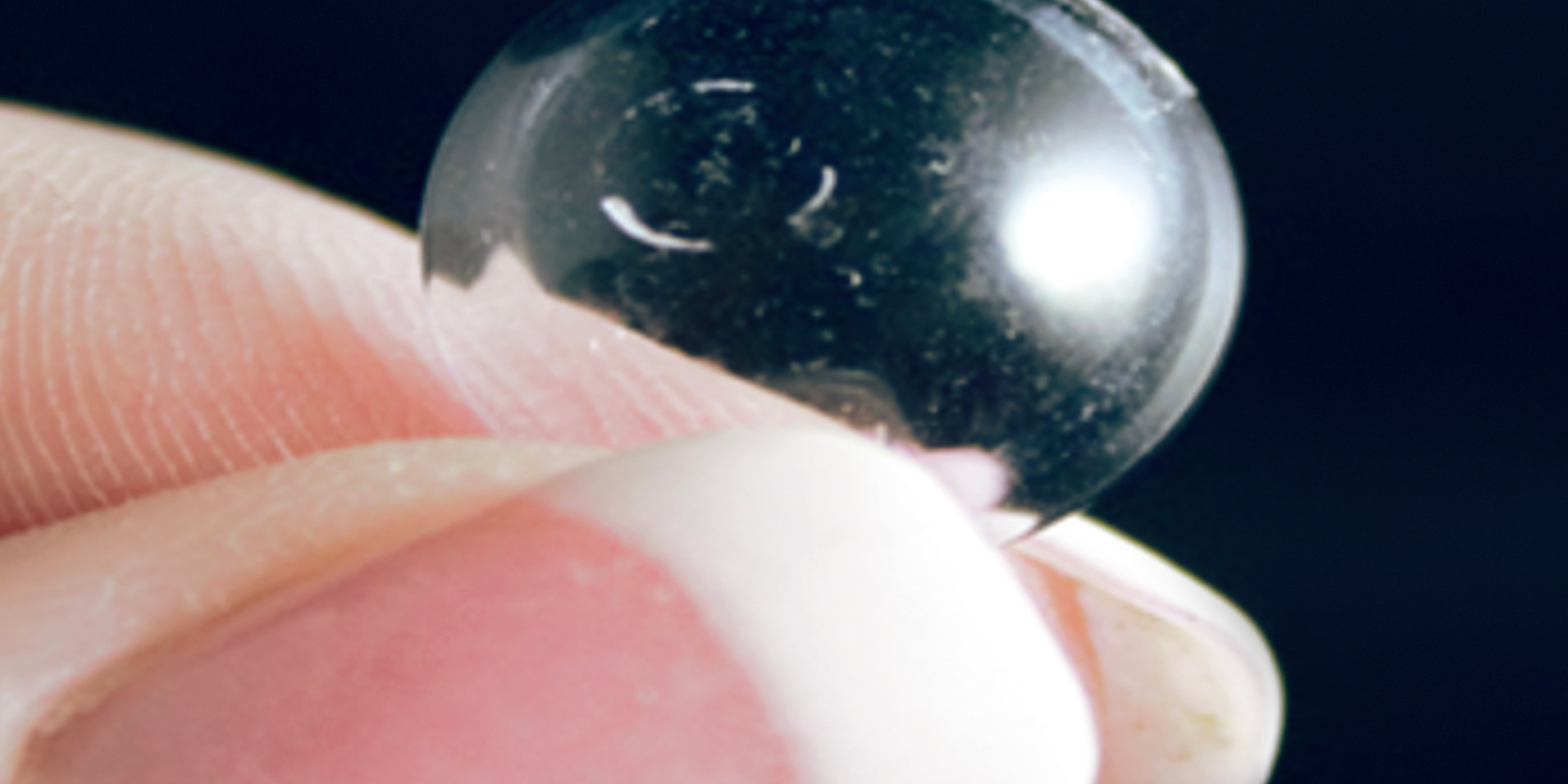
Lens Care and Handling Do's & Don'ts
Teaching patients to handle and care for their contact lenses is the key to long term success. Giving patients thorough instructions for solutions and care, along with a firm list of Do’s and Don’ts can increase their initial success, resulting in a satisfied patient. Technicians have an excellent opportunity to get patients started on the right track with just a few simple suggestions.
DO'S
Wash hands thoroughly with warm soapy water and dry thoroughly with a lint-free towel before handling lenses. Avoid any soap containing fragrances or oils.

Clean your case in hot soapy water, at least once a week to avoid bacterial growth. Rinse thoroughly with hot water and air dry or dry with a clean lint free tissue daily to avoid bacterial growth.
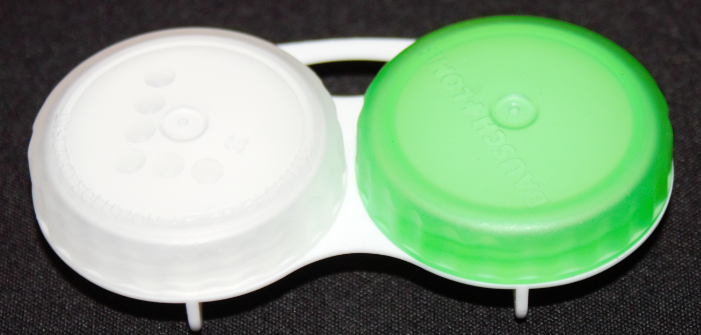
Before applying lenses, inspect lens surface for debris, cracks, tears or breaks. Never apply broken or damaged lenses.
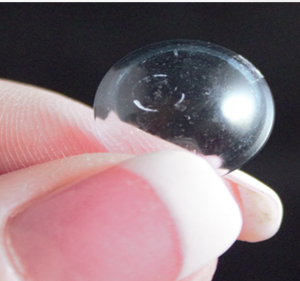
When handling your lenses, work over a clean flat surface and remember to place the plug into the sink to avoid lens loss. If a lens is dropped, re-clean and rinse prior to reapplication.
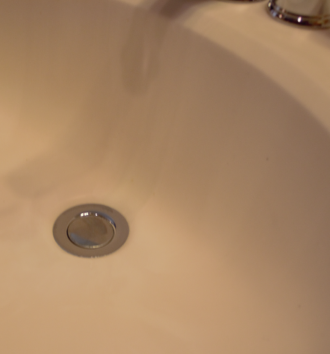
Insert lenses prior to application of cosmetics or lotions to avoid getting residue on the lens surface. Many of these products contain oils that can adhere to the lens surface.
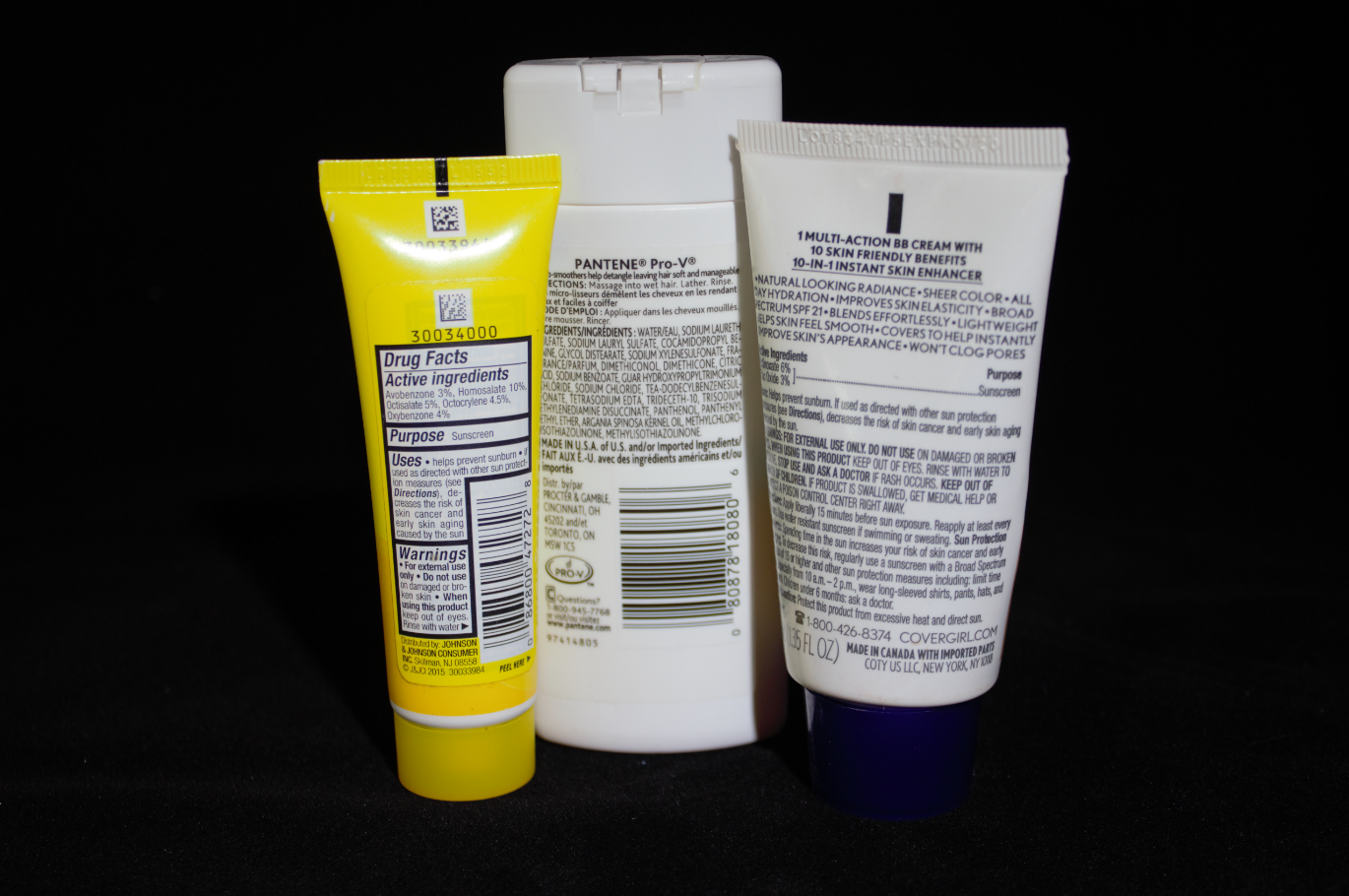
Carry a storage case with clean, fresh solution and back-up glasses with you at all times, if possible. Change the solution in the case daily.
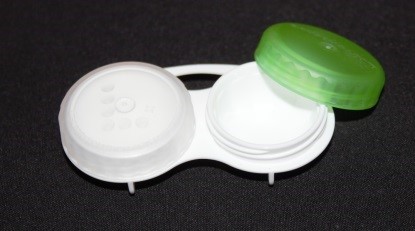
Close your eyes when using spray aerosol products. Keep eye closed until mist falls to avoid leaving residue on the contact lens surface.
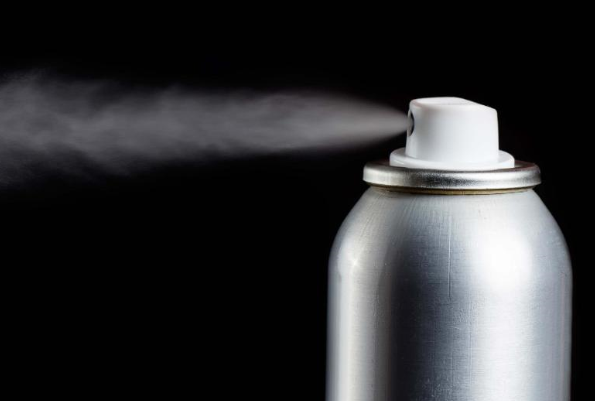
Always remove contacts prior to swimming. If this is impossible, wear well fitted swim goggles or mask to avoid contact lenses coming in contact with water.
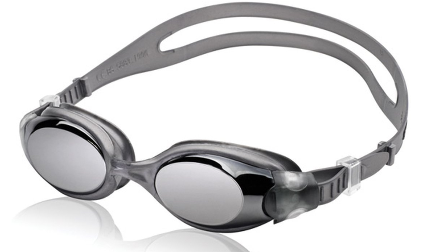
Always wear protective eye wear to prevent injury to the eye.
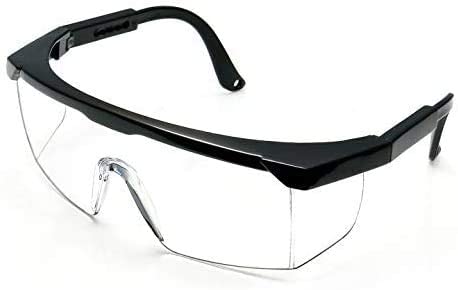
DON'TS
Never wear lenses if your eyes are uncomfortable or red.
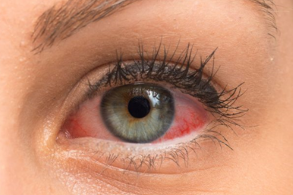
Never place contact lenses in your mouth for cleaning or wetting.
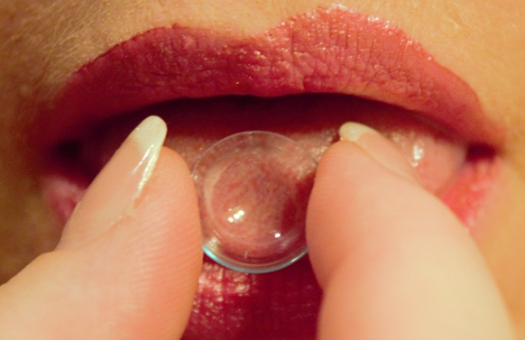
Never rinse or soak lenses in tap water. Tap water contains bacteria that can be harmful to the eye.
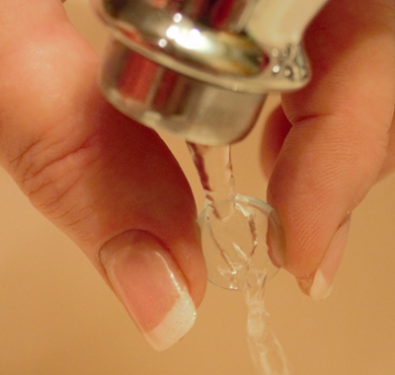
Never rub eyes with contact lenses in place.
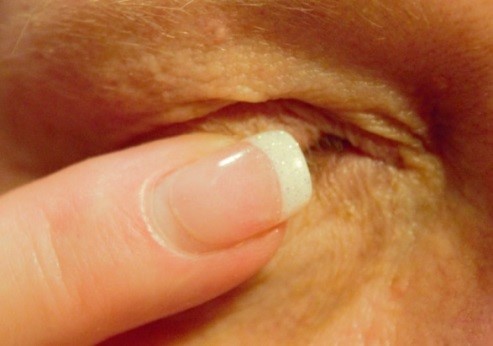
Never expose lenses to extreme heat or cold. Extreme temperatures can damage the lens material.
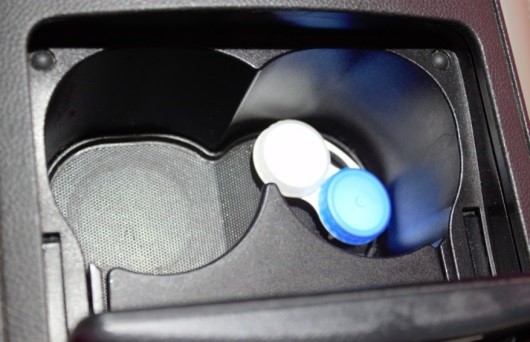
These simple reminders can help patients to be successful with their lenses, and promote good hygiene and healthy wear.

